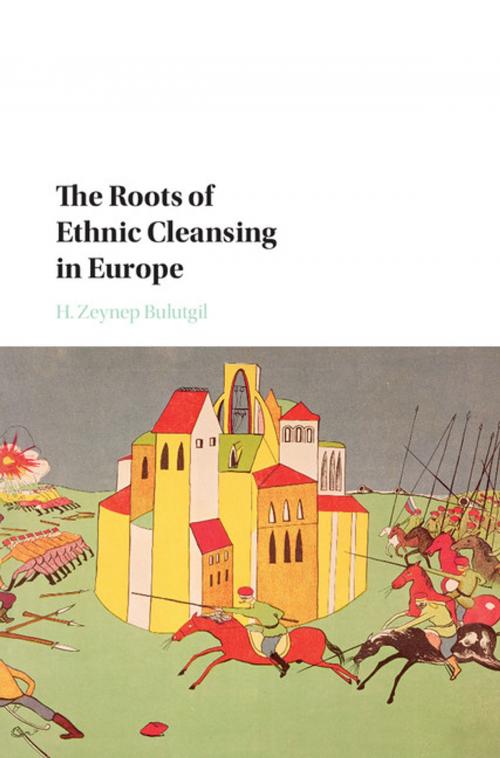The Roots of Ethnic Cleansing in Europe
Nonfiction, Social & Cultural Studies, Political Science, Government, Social Science, History| Author: | H. Zeynep Bulutgil | ISBN: | 9781316564264 |
| Publisher: | Cambridge University Press | Publication: | September 15, 2016 |
| Imprint: | Cambridge University Press | Language: | English |
| Author: | H. Zeynep Bulutgil |
| ISBN: | 9781316564264 |
| Publisher: | Cambridge University Press |
| Publication: | September 15, 2016 |
| Imprint: | Cambridge University Press |
| Language: | English |
Using a new approach to ethnicity that underscores its relative territoriality, H. Zeynep Bulutgil brings together previously separate arguments that focus on domestic and international factors to offer a coherent theory of what causes ethnic cleansing. The author argues that domestic obstacles based on non-ethnic cleavages usually prevent ethnic cleansing whereas territorial conflict triggers this policy by undermining such obstacles. The empirical analysis combines statistical evaluation based on original data with comprehensive studies of historical cases in Central and Eastern Europe, as well as Bosnia, in the 1990s. The findings demonstrate how socio-economic cleavages curb radical factions within dominant groups whereas territorial wars strengthen these factions and pave the way for ethnic cleansing. The author further explores the theoretical and empirical extensions in the context of Africa. Its theoretical novelty and broad empirical scope make this book highly valuable to scholars of comparative and international politics alike.
Using a new approach to ethnicity that underscores its relative territoriality, H. Zeynep Bulutgil brings together previously separate arguments that focus on domestic and international factors to offer a coherent theory of what causes ethnic cleansing. The author argues that domestic obstacles based on non-ethnic cleavages usually prevent ethnic cleansing whereas territorial conflict triggers this policy by undermining such obstacles. The empirical analysis combines statistical evaluation based on original data with comprehensive studies of historical cases in Central and Eastern Europe, as well as Bosnia, in the 1990s. The findings demonstrate how socio-economic cleavages curb radical factions within dominant groups whereas territorial wars strengthen these factions and pave the way for ethnic cleansing. The author further explores the theoretical and empirical extensions in the context of Africa. Its theoretical novelty and broad empirical scope make this book highly valuable to scholars of comparative and international politics alike.















